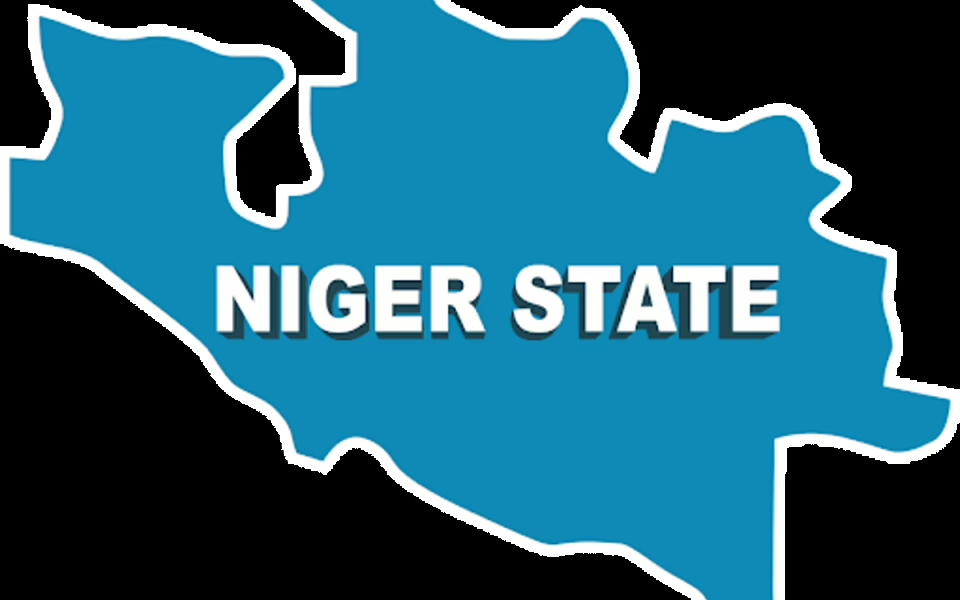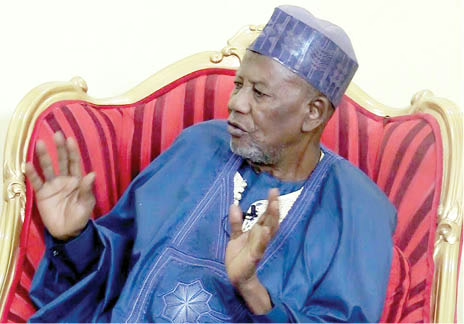The Nigerian Council for Social Work: An urgent call for inauguration
President Tinubu
Published By: Paul Dada
By Taiwo Mustapha
The Nigerian Council for Social Work (Establishment) Act, 2022, was signed into law by former President Muhammadu Buhari in December 2022. Through this piece, I aim to appeal to His Excellency, President Bola Ahmed Tinubu, and highlight the numerous economic and social benefits that the nation stands to enjoy through the inauguration of the Nigerian Council for Social Work.
The inauguration of the Nigerian Council for Social Work is a crucial step that President Bola Ahmed Tinubu should prioritize. This move holds significant potential for the advancement of social work in the country and offers numerous benefits to Nigerian society.
To provide some context, the Nigeria Association of Social Workers (NASoW) is the umbrella professional body for all social workers in Nigeria and is a member of the International Federation of Social Workers (IFSW), the global umbrella body for social workers. NASoW has members in various components of social work, including schools, teaching hospitals, non-governmental organizations, ministries, departments, agencies, rehabilitation centers, old people’s homes, and correctional centers at local, state, and federal levels, as well as other areas where the services of social workers are needed.
Nigeria faces a myriad of social challenges, including poverty, unemployment, insecurity, and inadequate healthcare. Social workers, who are academic professors and trained professionals, play a vital role in addressing these issues by providing support, advocacy, and intervention services. For example, the recent stampede in Nigeria, which tragically resulted in the deaths of over 60 persons, including children, and injured several others, highlighted the severe social issues plaguing the country. This incident occurred during a Christmas charity event in Ibadan, Anambra, and Abuja, where people rushed to collect food and gifts, leading to chaos and fatalities.
The economic crisis, high unemployment rates, and widespread poverty have exacerbated desperation among Nigerians. The council can help streamline efforts to tackle these problems by coordinating resources, setting policies, and fostering partnerships with government agencies and non-governmental organizations. This coordinated approach will lead to more efficient and impactful solutions to the country’s social issues.
By inaugurating the Nigerian Council for Social Work, the government can formalize and regulate the profession, ensuring that social workers adhere to the highest standards of practice. This will enhance the credibility and effectiveness of social work services across the country, leading to better outcomes for individuals and communities in need. Through regulation, social workers will be able to assess the unique needs and circumstances of each individual, tailoring their interventions accordingly. They will also collaborate with mental health professionals, community resources, and government agencies to ensure comprehensive support for those in crisis. Furthermore, this will reduce the issue of brain drain within the profession, as many professionals who could not find suitable jobs in Nigeria have to relocate to other countries like the UK, USA, and Australia.
The council will also focus on the professional growth and development of social workers. By providing access to training, research, and resources, the council can help social workers stay updated with the latest practices and methodologies. This continuous professional development is essential for maintaining a high standard of service and ensuring that social workers are well-equipped to handle the evolving needs of society while advocating for social justice and equity. For example, social workers in the United States play a pivotal role in crisis intervention, providing immediate support to individuals and communities facing extreme stress or trauma. Their interventions are designed to stabilize situations, offer emotional support, and connect individuals with necessary resources.
Lastly, let’s consider the economic value of the council. By addressing social issues proactively, social workers can help reduce the long-term costs associated with healthcare, criminal justice, and social welfare. The council can play a pivotal role in developing and implementing programs that prevent social problems before they escalate, ultimately saving the government and taxpayers money.
In conclusion, I trust the leadership of the council under the National President, Alhaji Mashood Mustapha, and believe that the inauguration of the Nigerian Council for Social Work is a necessary step that will bring numerous benefits to Nigerian society. It will enhance professional standards, address social challenges, promote social justice, and provide economic benefits. By approving the inauguration of the council, President Bola Ahmed Tinubu will be taking a significant step toward improving the well-being of the nation’s citizens and fostering a more equitable and prosperous society.
Taiwo O. Mustapha writes from Florida.











